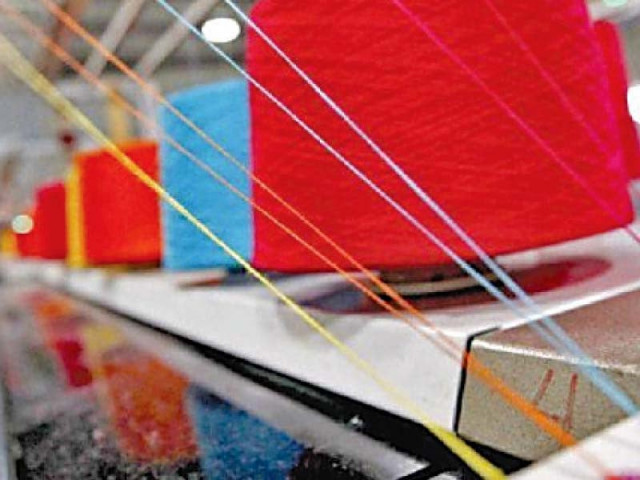Value-added industry demands export facilitation
Asks govt to frame sustainable policies for enhancing textile exports

The value-added export-oriented textile industry has asked the government to give them top priority through providing maximum facilitation, which could help meet export requirements.
The government also needed to establish long-term and sustainable policies in consultation with the real stakeholders to enhance exports and increase foreign exchange earnings for the country, it said. At present, the high cost of doing business has proved to be dangerous for the export-oriented apparel industry, as the ever-increasing gas and power tariffs are the real threat to the economy amid high markup rates and continuous fluctuations in the exchange rate.
These views were expressed in an interactive session jointly organised by the Pakistan Hosiery Manufacturers and Exporters Association (PHMA) and the Pakistan Readymade Garments Manufacturers and Exporters Association (PRGMEA) on Saturday. Meeting participants asked the government to take prompt measures to bring down production costs for the export industry to enable it to compete in the international market.
PHMA North Zone Chairman Abdul Hameed said that the export industry was having difficulty in competing in the global market because of a rapid increase in production costs, which was not good for exports.
Hameed said that high energy tariffs, growing rates of taxes and the lack of skilled labour were the main reasons behind the increase in the cost of production. Manufacturing and production industries have the potential to significantly impact economic growth by reducing unemployment in the country. "We are the biggest employment generators and largest exporters, contributing two-thirds of textile exports and one-third of the country's exports. The apparel sector has immense potential to create jobs with comparatively low investment and less energy needs, as it generates four times the employment at one-fourth of the energy consumption compared to other textile sectors."
The chairman said that Pakistan's industry was struggling in the international market due to challenges such as high inflation, political instability, increased power tariff, rising fuel costs, energy shortages and the lack of research and development activity.
An effective strategy is needed to improve the performance of the industrial sector. The government should facilitate exporters by providing a level playing field in terms of business costs, particularly utility prices, he suggested. Hameed said Pakistan's economy, particularly small and medium-sized enterprises, was struggling to cope with the current economic crunch and needed support.
Rather than providing subsidies or waivers, the industries are being burdened through higher production costs. The burden of surging oil prices in the international market is immediately transferred to consumers by the government, but the process of reducing prices is always very slow, he noted. He asked the government to work on a fast-track plan to address the expensive energy issue and give priority to the value-added textile industry.
The chairman urged for increasing ease of doing business, lowering cost of production, paying early refunds to solve the liquidity crunch, relaxing import policy for industrial raw material and equalising energy tariff across the country.
He pointed out that various provincial departments, including the EOBI, social security, women welfare, environment, etc were playing a negative role and badly treating manufacturers and exporters.



















COMMENTS
Comments are moderated and generally will be posted if they are on-topic and not abusive.
For more information, please see our Comments FAQ